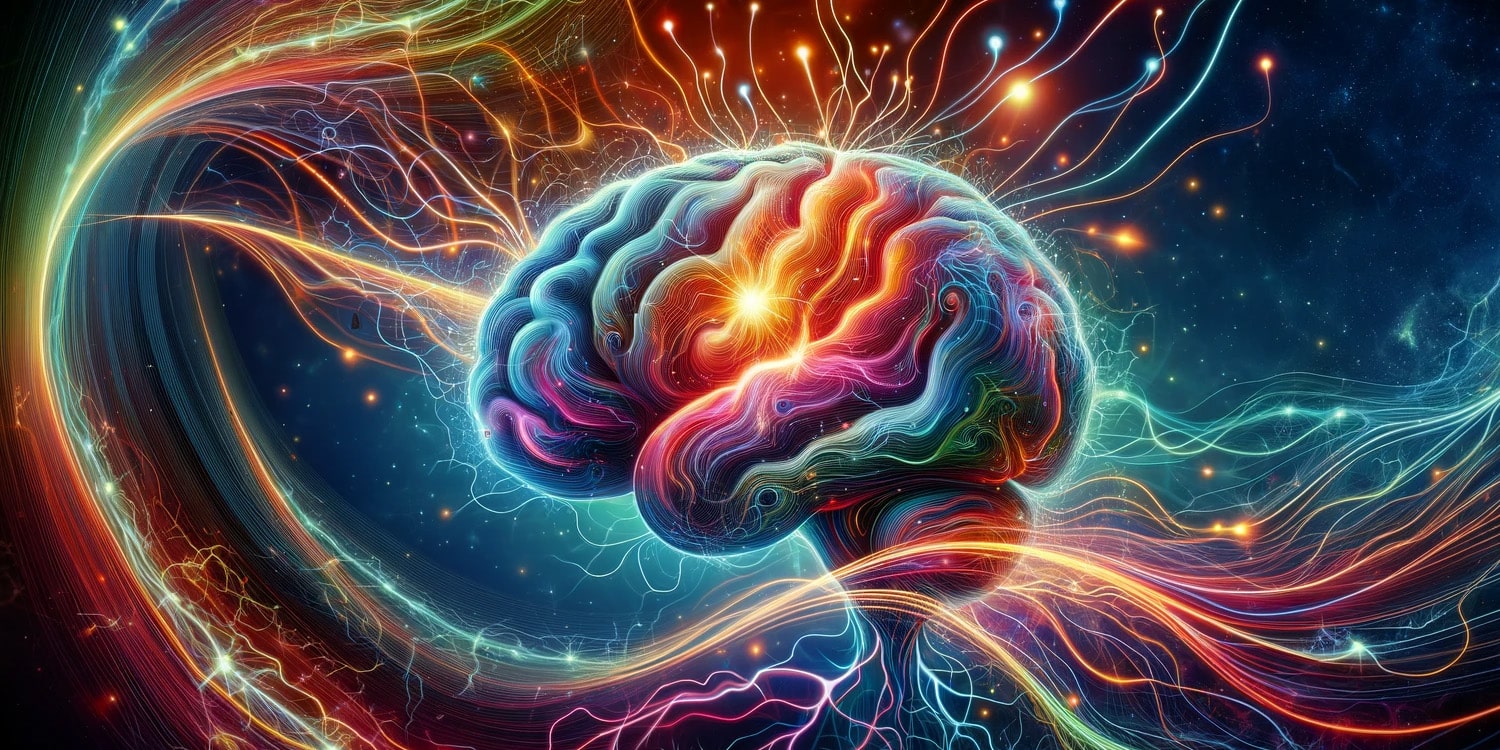In a groundbreaking study published in Psychiatry Research, scientists have embarked on a journey to uncover the mysteries of the human brain, particularly focusing on individuals suffering from major depressive disorder (MDD) and anxiety disorders. This research, spearheaded by Tommy Broeders, a postdoctoral researcher at the Amsterdam University Medical Center, provides compelling evidence that antidepressant users exhibit increased dynamics in brain network connectivity. This suggests that these medications may significantly enhance the brain’s network flexibility and integration across various regions, offering new insights into how antidepressant medication influences the brain and exerts its clinical effects.
Depression and anxiety rank among the leading causes of disability worldwide, affecting millions of lives and posing significant challenges to mental health professionals. Despite the prevalence and the array of treatments available, including psychotherapy and antidepressants, the mechanisms through which these interventions exert their effects remain largely unknown. This study represents a significant step forward in demystifying the neurobiological actions of antidepressants and their impact on the dynamic configurations of brain networks.
The researchers utilized data from the Netherlands Study of Depression and Anxiety (NESDA) cohort, a comprehensive, longitudinal study aimed at exploring the long-term trajectory of depressive and anxiety disorders. The data, collected from 207 participants, revealed no significant differences in the dynamic reconfiguration of brain networks between the control group and individuals diagnosed with MDD, anxiety, or comorbid conditions when not considering antidepressant use. This finding suggests that the presence of these disorders, in isolation or combination, does not inherently alter the way brain regions dynamically interact and reorganize over time, at least not in a manner detectable by the study’s methodology.
However, the study took a fascinating turn when examining the effects of antidepressant use on brain network dynamics. Contrary to the conventional hypothesis that effective treatment works by ‘normalizing’ the brain’s functional architecture, individuals using antidepressants displayed even higher levels of dynamic brain network changes compared to control participants. These users showed enhanced ‘promiscuity’ and ‘flexibility’ in connectivity patterns across the brain, indicating that antidepressants do more than simply normalize brain network dynamics.
Promiscuity and flexibility in this context refer to the extent to which a given brain region connects with multiple different networks over time and the frequency with which brain regions switch their network affiliations, respectively. These findings were complemented by elevated levels of cohesion and disjointedness in antidepressant users, pointing towards a more integrated yet independently reconfigurable brain network system. This increase in network dynamics was particularly pronounced in the sensorimotor network.

The implications of these findings are profound, suggesting that the alterations in brain connectivity dynamics observed in individuals undergoing treatment with antidepressants are more closely related to the action of the medication itself rather than the underlying characteristics of the mental health disorders. “We were surprised to see that brain network dynamics were observed to be independent of diagnosis,” Broeders remarked, highlighting the novelty and significance of their findings.
Despite these groundbreaking insights, the authors acknowledge the limitations of their study, notably its cross-sectional nature, which restricts their ability to establish a direct causal link between antidepressant treatment and changes in brain network dynamics. Nonetheless, this research marks an important advancement in our understanding of why antidepressants might work for some individuals while failing to help others.
As we look to the future, the study’s authors express a desire to deepen our understanding of the heterogeneous nature of depression and anxiety disorders and to investigate the unique effects of specific antidepressants on brain network dynamics. This approach aims to facilitate personalized treatment strategies, potentially revolutionizing how we address mental health disorders.
This study opens new avenues for understanding the neurobiological effects of antidepressants and their capacity to enhance the flexibility and integration of the brain’s network dynamics. As science continues to unravel the complex interplay between medication and the human brain, we edge closer to unlocking the full potential of antidepressant treatment in managing and overcoming depression and anxiety, paving the way for a future where mental health care is as precise and personalized as it is compassionate.
Related posts:
Neuroscience research finds antidepressants enhance dynamic brain network reconfigurations
Increased Brain Network Dynamics Found in Individuals Taking Antidepressants
The Influence of Antidepressants on the Brain





